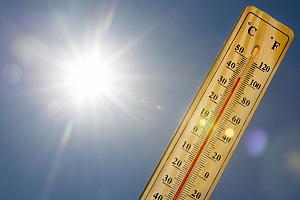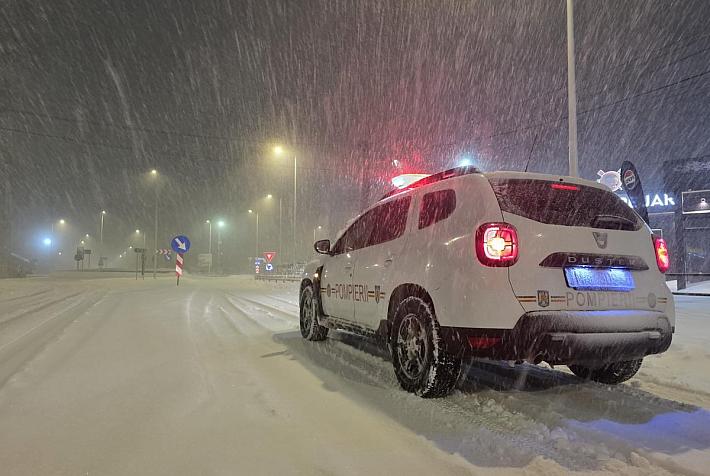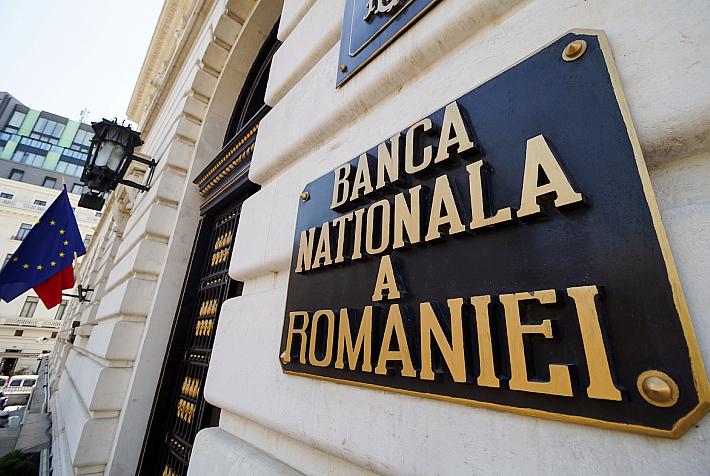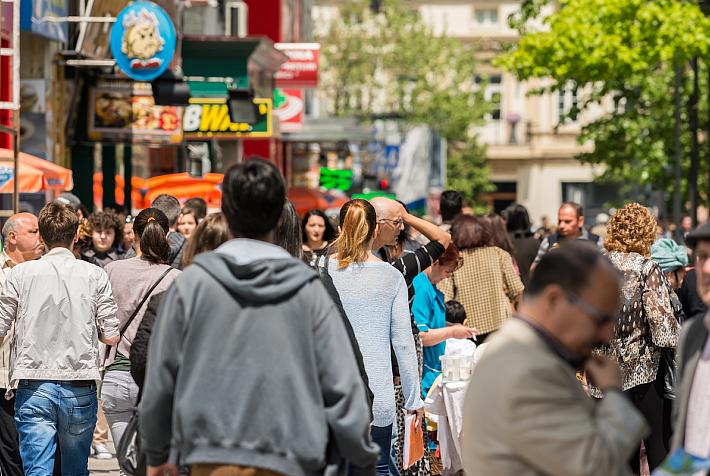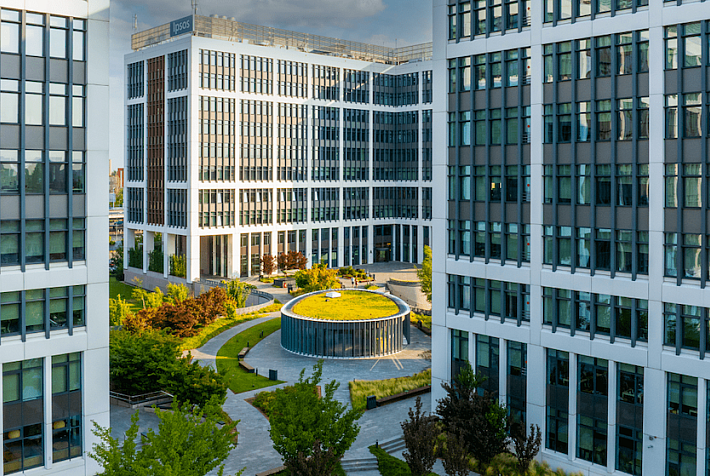Sir David King, Climate Crisis Advisory Group: We need to understand we are part of our ecosystems
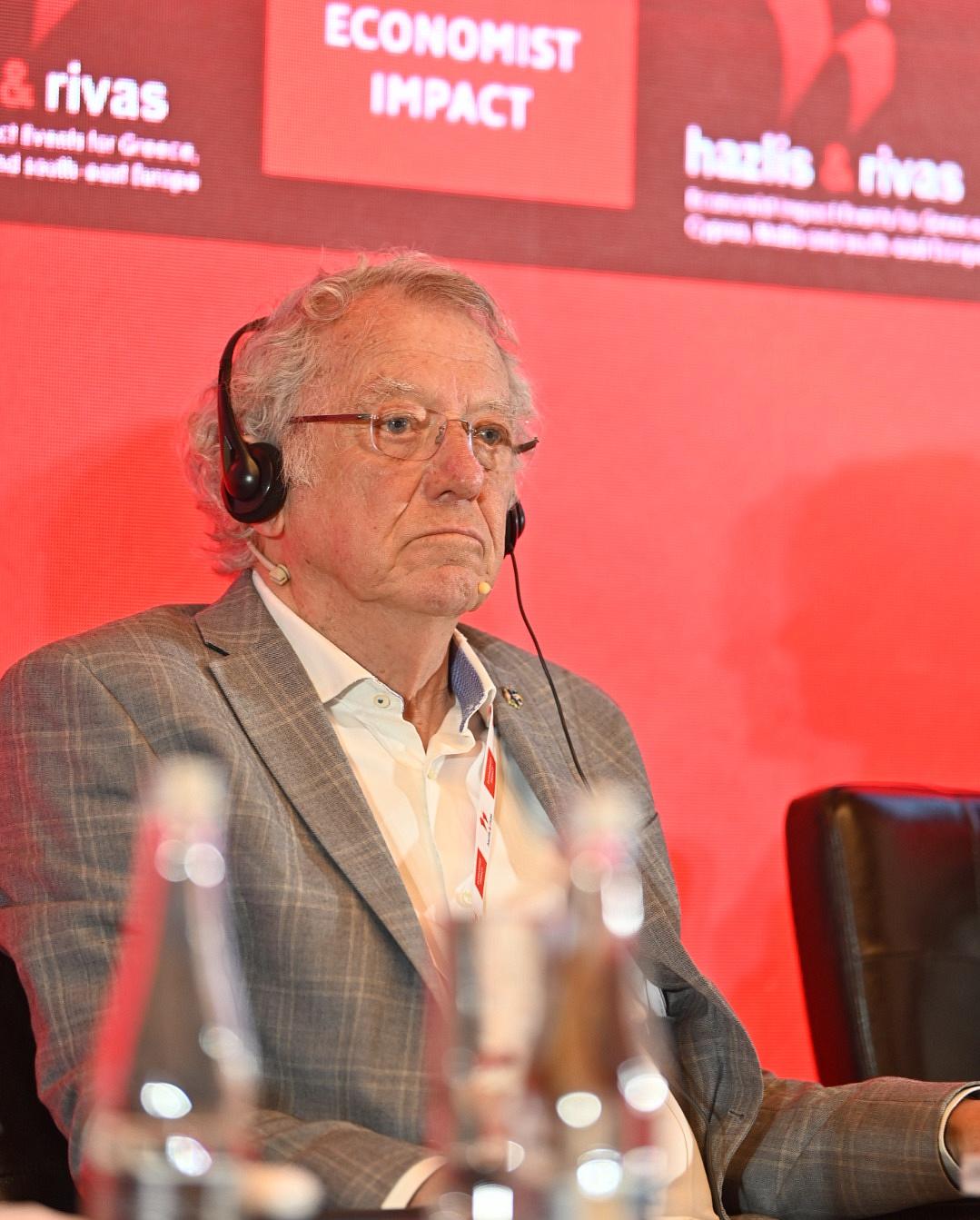
If countries accounting for 80% of the world GDP would agree to concerted action, a safer world would be in our future, Sir David King, the founder and chair of the Climate Crisis Advisory Group, argues.
Sir David King heads the independent group of experts Climate Crisis Advisory Group, advocating for a 4R strategy towards a manageable future: a rapid reduction of emissions, removing carbon from the atmosphere, repairing broken parts of the climate system, and adapting to the impacts of climate change through resilience.
King, who is also founder of the Centre for Climate Repair at Cambridge, was previously UK’s permanent Special Representative for Climate Change from September 2013 until March 2017. He was also the UK Government’s Chief Scientific Advisor, under prime ministers Tony Blair and Gordon Brown, raising awareness of the need for governments to act on climate change.
More on the 4R model, opportunities for collaboration at EU level, and local solutions to current challenges in this Q&A recorded at Economist Impact’s Fourth Romanian Business & Investment Roundtable in Bucharest.
Last year was the hottest on record, with extreme weather events all over the world. What should we expect for the coming period?
Year on year, we are seeing more and more extreme weather events and the lives lost, heat stress, and the loss and damage is massive. But it's nothing like as bad as it will be.
So unless we get a complete turnaround amongst not every nation of the world - I don't believe Russia will change, I'm not sure that Saudi Arabia will change - but if we have 80% of global GDP, those countries and unions, the European Union, United States, Brazil, China, India, I can keep adding a few more and I'm quickly at 80% of GDP, if those countries all agree to take the actions that I'm recommending, then of course we have a safe world in the future. Because, first of all, many other countries will follow. And secondly, we can manage even without the few outliers.
You've explained before that reducing emissions is not enough alone. What else should we be doing?
What I want to stress is we are emitting 50 billion tonnes of greenhouse gases into the atmosphere every year today. I cannot see us gaining a capability to remove more than 10 to 15 billion tonnes a year from the atmosphere, even if we spend a lot of money doing it. The first thing is we have to get emissions down quickly.
We need to find ways of reducing greenhouse gases in the atmosphere. We are nearly twice the pre-industrial level today. Temperatures will rise 3, 4 degrees centigrade eventually at this rate. We have to learn how to bring it down. And I'm saying the objective should be 350 parts per million, from 500 down to 350. It will take us to the end of the century to do that once we get going.
So now we also have to buy time by learning how to refreeze or repair what's happening in the Arctic Circle region, but now also the Antarctic. Last year alone, the Antarctic lost 50% of the sea ice. That's very dangerous because if the sea ice goes, first of all, you're removing a reflector of sunlight from the Earth, so the Earth warms up faster. Secondly, that sea ice going away that was there was protecting the ice on Antarctica. When all the ice on Antarctica has melted, we're talking about 10 meters sea level rise. When all the ice in the Greenland area in the North Pole region is melted, it's going to be 7, 8 meters sea level rise. So we're talking about a catastrophe.
We have to avoid that. And then, we need far better resilience management. We need to project forward: What are the challenges to each city in the world? What are the challenges to each part of the world? And how do we adapt to those challenges going forward? Because climate change is with us. We can't bring it to zero in no time at all. […]
What's happening already is impacting the whole world. The climate systems of the whole world are adapting to what's happening in the Arctic Circle region. And eventually, 7 meters sea level rise, eventually, 5 to 8 degrees centigrade temperature rise just because of the Arctic Circle region.
The Antarctic, the same story. These two big chunks of ice reflect sunlight back into space. You get rid of them, the Earth warms up much more quickly because all of that energy comes into the oceans of the world. And the oceans of the world are all connected.
I think we all need to understand that we are a part of our ecosystems. At the moment, we don't recognize this with our economic system. We put no value on our ecosystems, and so we are destroying the very things we depend on.
You mentioned some opportunities for action at the EU level in your talk. Could you elaborate on this?
What I mentioned right at the end - the distance from the west to the east in Europe is quite large. So if we have grid interconnectors producing electricity for the whole of Europe across that distance, the sun will be shining in areas for much longer, and when the wind doesn't blow here, it's blowing there. So we interconnect and we get renewable energy functioning for many, many more hours of the clock.
We still have to store energy, and we need to take note of the importance of energy storage, but just creating interconnectors across Europe will create a massive advantage.
As I said, France produces so much nuclear energy, and the nuclear energy is stable right through the air; they're producing so much that in the summer, the value of the electricity produced is almost zero. They can then connect across and give everyone electricity from nuclear.
The European Union is a big economic sector, and it was originally set up as an economic trading scheme. That sector has an enormous collective influence. That's why I say all you've got to do is put together a European Union, China, India, the United States, Brazil - problem solved.
How could they come together?
This is my big project. […] What I wanted in 2015 was to create public money for research into all of the new systems we need in the post-fossil fuel period. So, fundamental research in our universities around the world into energy storage, into renewable energy systems, everything in the post-fossil fuel world. I wanted to raise USD 30 billion a year. Because I was traveling around the world in my climate negotiations, I invited heads of governments to stand under a banner which said Mission Innovation.
On the first day of COP15 in Paris, when all the heads of governments were there, 22 heads of governments stood under that. We had USD 30 billion. Those 22 governments include the countries I just mentioned.
What are some of the technologies that give you most hope about tackling climate change?
Wind and solar, but then I have to say it depends on the local situation. Kenya in Africa is now at over 90% electricity from renewables. Most of that is from geothermal power. So you know that in Africa there's the Great Rift Valley. […] They don't import fossil fuels anymore, because they produce all their electricity from local sources. The same thing is true for Iceland. They have big volcanic eruptions there, very thin layer before you get to the lava underneath. They can also use geothermal power. So everything becomes locally dependent. Hydro power is a big one if you have fast-moving water. It depends on the local region as well.
You mentioned refreezing earlier. How would that be done?
At Cambridge University, I set up the Centre for Climate Repair; it is devoted to these repairing techniques. What we're working on is just during the summer months in the Arctic region, when the sun has come back from the South Pole to the North Pole, during three summer months, we are trying to see if we can put white cloud cover over the whole of the Arctic. We're learning how to generate white clouds and get them in the right place. Eventually, we will have to put vessels in the ocean all around the Arctic Circle because we are using seawater to make white clouds. That's the operation that we've initiated in Cambridge, but it's a global operation.
There's another group learning from volcanoes. When you have a volcanic eruption, you get sulphates right up many miles into the stratosphere. Those sulphate particles reflect sunlight away. Now, there are a few groups working on this solar radiation management. Most countries are banning even the experiments because they're worried about what the impact will be. I want to see the experiments done, but I'm also worried about the impact. I don't think there's a possibility of a negative impact from cloud formation because we are just mimicking the way white clouds are formed over the ocean. However, we are going to do very careful experiments to see there's no negative impact.
What is one message you would like to send across?
I think the most important message is that we still can manage to have that future where human beings will be living in the understanding that we are a part of our ecosystems.
I keep saying to people: we developed an economic system that gives no value to ecosystems. Now we need to understand that was a misunderstanding. We thought we were not a part of nature. We are a part of nature. That's the big message.
A group of 18 of us have just this week published a paper in the proceedings of the National Academy of Sciences of the United States. The title of the paper is Earth in Crisis. We're not saying that because we want to be pessimistic. We're saying that because our politicians need to understand the message.
(Photo: Economist Impact Events for Greece, Cyprus, Malta and southeast Europe on Facebook)
simona@romania-insider.com







